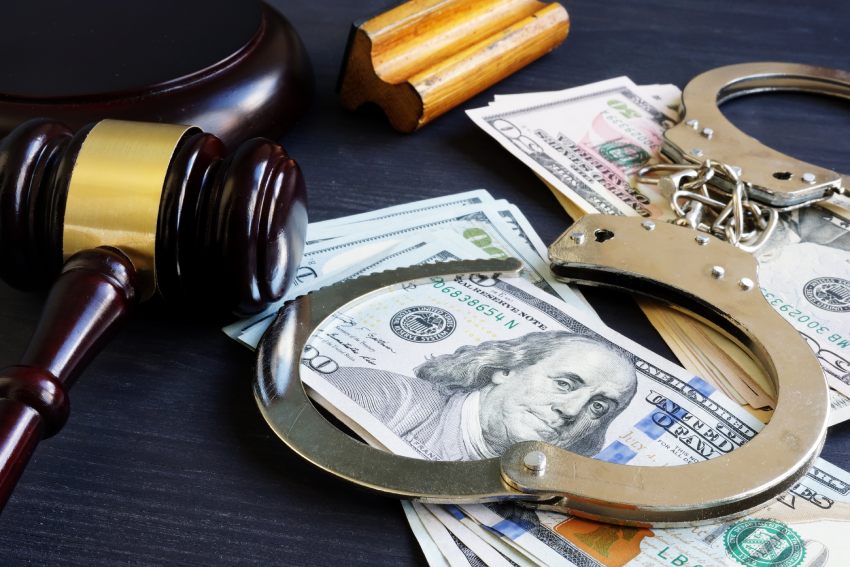
While most people know what bail is and how it can help you get out of jail until a court appearance, there’s still a lot of confusion as to how bail works, who qualifies for it, and how you can make bail if you or a loved one ends up in jail. Furthermore, bail amounts can be reduced or raised for different reasons (or prohibited entirely) so it’s important to know your rights.
How Bail Works
In the state of California, each county has a different bail schedule for different offenses. Once you’re arrested, bail will be determined by either the schedule or a bail bondsman, though attorneys or judges may weigh in. For minor offenses, there may be reasons for no bail, but that depends on the offense and the circumstances of the crime. Sometimes, people are released immediately after booking with no bail at all.
However, if your offense is on the bail schedule, bail will have to be paid if you want to spend time outside of jail prior to your court appearances. If you’re wondering if you can bail yourself out of jail, the answer is yes, as long as you have the funds and the means to do so. The same goes for if you have a family member or friend that will put up the bail – you’ll be able to walk away until your arraignment and other hearings.
How Long Do You Stay in Jail if You Can’t Make Bail?
If you can’t make bail, you’ll be stuck in jail until your court appearances start. Sometimes that can be a short period, but it could also take weeks or months, particularly during overly busy and challenging times. If you take out a bail bond in California, you may be interested in how to get out of paying a bail bond, but then you’ll soon be headed back to jail.
That’s because you can go to jail for not paying bail bonds in California. Or, rather, if you can’t afford to bail yourself out, the law says you should be held in jail until your arraignment. If you don’t have enough money and can’t make the bail payment in full, a bail bond company may be able to help by putting up most of the money while you put up cash, assets, or other collateral that the bail bond company can use to initiate the proceedings to get you out on bail. Be careful, though, and make sure to do your research. Some companies will charge high fees with a hidden catch.
Things that will affect your bail total include:
- if anyone was injured
- the seriousness of the offense
- whether threats, weapons, or drugs were involved
- whether you’re employed or have community connections
- your criminal history &
- whether you’re likely to appear for your hearings
Getting Out on Bail
For most people, the number one concern is getting out on bail as soon as possible after a recent arrest. That can mean the same day or within a couple of days, but it’s all better than waiting weeks or months for your arraignment and other court appointments to start (especially when you feel unsafe in jail). Non-serious offenders are often released without bail as soon as they’re booked, but a serious crime will have contingencies attached to your freedom.
While you can go to jail for not paying bail bonds in California, you can also end up back in jail if you don’t abide by the conditions of your bail. Sometimes, conditions are used to reduce the amount of bail, such as remaining under house arrest, surrendering a passport or driver’s license, and even restrictions on travel – like not being allowed to leave the state.
Posting bail is often relatively simple as long as you have the cash. However, if the large amount is giving you pause and you can obtain about 10 percent in cash or collateral, working with a bail bondsman can provide a way forward. Bail bonds in California only require you to put up 10 percent or less of the total, meaning that a $50,000 bond can be bought for $5,000 or less.
To get professional help within minutes, contact the bail experts at My Bail Hotline. We’re here throughout California to help you with any bail issue, and offer flexible payment plans at affordable rates. Contact us today!